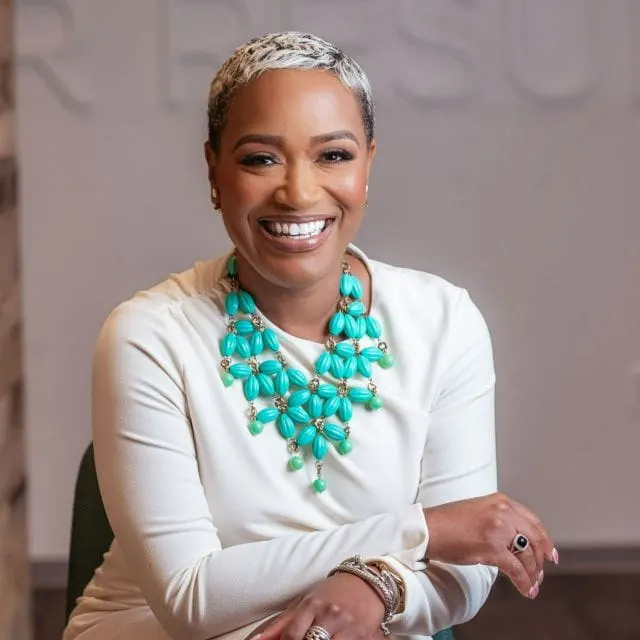The link between how much money you have and its impact on your physical, mental and social well-being shapes your financial health and wellness. The heart of that connection is your money story — all the experiences that brought you to your financial present.
Below, I'm helping you uncover your money story. My goal is to help you think about your journey with money, so you can better understand your past and forge a better financial future.
Uncover your money story
Just like any good tale, your money story starts with a pen and paper. As you answer the following questions, I encourage you to take the process seriously — honestly documenting your thoughts for yourself is an essential part of your financial growth.
This process will resonate with everyone differently, so be kind to yourself and take your time. If you find yourself stuck on an answer or two, it's okay to step away and come back later.
To prepare, grab a pen and paper or jot notes down on an app in your phone. Let's get started.
1. What positive and negative money memories do you have?
Think back to your early moments with money. Maybe it was an experience at home with seeing how your parents handled money. Or maybe it was what you saved for with your first allowance. Write down those memories and note if you remember feeling any particular way in those moments.
Good or bad, your early memories and moments with money have shaped your attitudes toward your finances.
Tip: Place your money memories along a timeline of your life from childhood to the present to better visualize your financial journey.
2. What money messages did you receive growing up?
A penny saved is a penny earned. Penny-pinching. Treat yourself. Do any of these sound familiar? The messages we hear (or don't hear) about spending, saving and investing early in life have a serious impact on how we feel about finances later on.
What were the messages you heard most often as a child? They don't need to be direct quotes. Just try to recall the prominent financial opinions in your life.
Tip: Think of the most influential people in your life and how they view money. Remember, not talking about money can also be a message you internalize.
Whether it's stress, joy, comfort or fear, finances inspire strong feelings.
3. What emotions do you associate with money?
Whether it's stress, joy, comfort or fear, finances inspire strong feelings. Sit with yours for a few minutes. Write down what you feel when you think about spending, saving, budgeting and investing. Leave no sensation unexplored.
Note: This can be a tough one to work through. If the exercise starts to bring up difficult emotions for you, take a break and come back when you feel ready.
4. Complete these sentences
Don't think too long on these. Write down the first things that come to mind. You can always come back and add to your responses, but let these be your gut reaction:
Money is ...
In my life, money has been ...
5. What are your money themes?
You've answered questions one through four. Now, look back at your answers and see if you can spot any common threads. Maybe you notice a focus on experiences or that you use spending as a distraction, for example. Be on the lookout for words like never and always, which usually indicate absolute feelings. These can help you identify your top thoughts around money.
Interpreting your answers
Your money memories and messages provide insights into your values and how you view and handle money. What you do with that story is up to you. Understanding this side of yourself can help you make decisions from a place of understanding and acceptance — because they're tied and tailored to the beliefs you hold.
For me, my money memories and messages help me ask better questions when I make decisions about spending. I look at the real need behind it. Do I need a big family vacation? Or is the real need spending more quality time with my kids? Sometimes the answer is to say yes to spending the money to take a vacation. And that's perfectly okay.
Draft your next chapter
What now? You get to choose your own financial adventure. Decide what's most important to you and set goals in line with those values — now, with a better understanding of your own money story.




